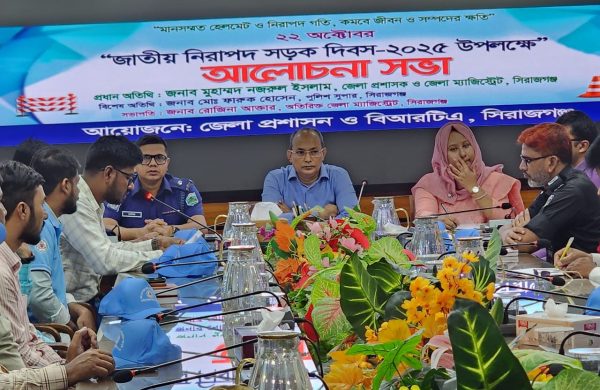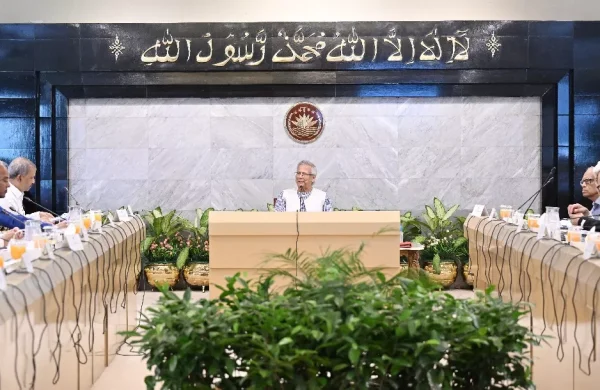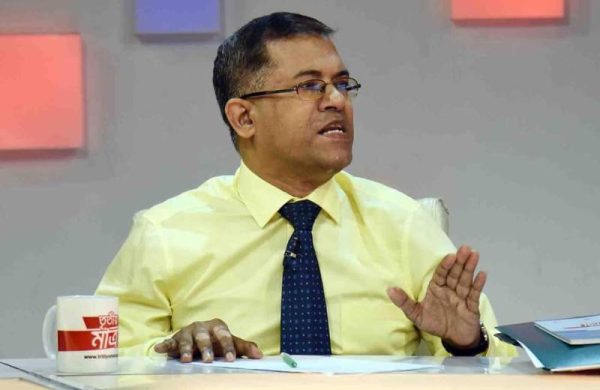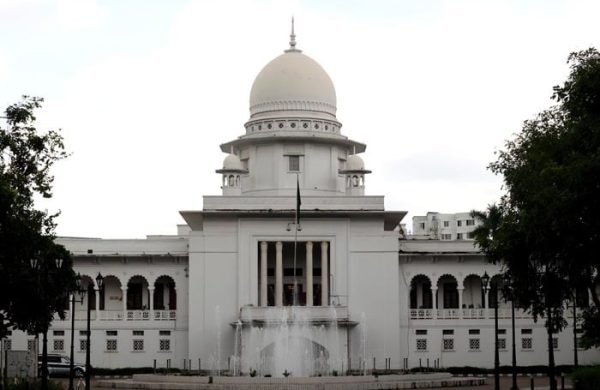Prof Yunus can charm Western govts to consider hosting Rohingya refugees: Kugelman
- Update Time : Thursday, September 12, 2024
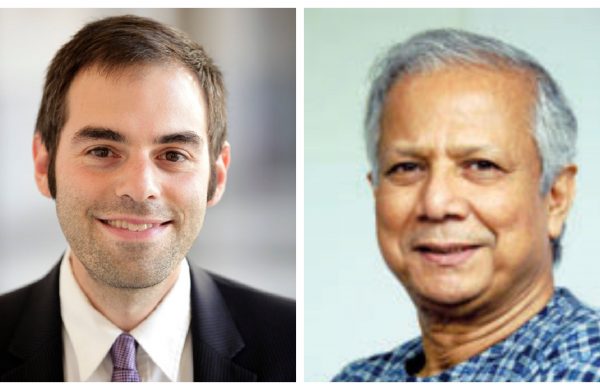
UNB, Dhaka
Chief Adviser Professor Muhammad Yunus could be an asset in leveraging his star power and connections to the donor community to get Western governments to consider hosting refugees, says an expert on South Asian affairs.
“Yunus has an opportunity this month: He is expected to attend the annual U.N. General Assembly meetings in New York, which will give him a prominent platform to make an appeal to the world, both through his speech and on the sidelines,” Michael Kugelman wrote in Foreign Policy’s South Asia Brief.
It may be difficult, he said, adding that the sheer scale of the Rohingya challenge, competing donor priorities, and the uneasiness of many governments about taking on refugees could cause him to fall short.
However, the stakes are high for the Rohingya refugee community, as well as for Bangladesh.
“Rohingya refugees face major hardships, living in overcrowded camps and depending almost entirely on humanitarian aid. Beginning in 2020, Dhaka relocated thousands of refugees to a deserted and flood-prone island,” said the expert.
Because, he said, Bangladesh doesn’t provide Rohingya refugees with a path to citizenship, many are deprived of basic services, including access to education.
This week, Prof Yunus, the head of Bangladesh’s interim government, called for the expedited resettlement of Rohingya refugees to third countries.
Bangladesh hosts over 1.2 million Rohingya Thursday, many of whom fled military violence in Myanmar in 2017; many reside in massive refugee camps in the city of Cox’s Bazar.
Intensifying conflict in Myanmar has likely prompted Yunus’s urgency: Around 8,000 Rohingya refugees have crossed the border into Bangladesh in recent months, according to Bangladeshi officials.
The Rohingya issue is one of many daunting policy challenges for Yunus and the interim government, which is also grappling with restoring law and order following the forced resignation of Bangladeshi Prime Minister Sheikh Hasina last month, stabilizing a sputtering economy, and initiating large-scale institutional reforms, said Kugelman
But Bangladesh has a fighting chance at addressing the refugee crisis, in large part because of Yunus himself.
Yunus, a Nobel Peace Prize-winning economist and microfinance pioneer, enjoys close ties with Western governments and the international donor community.
“His prominence and reputation overseas lend him the credibility to make effective pitches for increased humanitarian aid for Rohingya refugees in Bangladesh—the first and most immediate step needed to tackle the crisis,” said Kugelman.
The international community has provided generous assistance, including $2.4 billion from Washington since 2017.
But ensuring continued aid is essential: Competing humanitarian crises in Gaza, Ukraine, and elsewhere risk distracting from the plight of the Rohingya, even as thousands more refugees enter Bangladesh.
The Hasina government had made an $852 million appeal for assistance this year, but the United Nations warns it has been underfunded.
The second and more difficult step is the resettlement process.
Given the rapidly worsening conflict in Myanmar, Bangladesh’s interim government wisely appears unwilling to continue the Hasina administration’s policy of seeking to repatriate some Rohingya back to Myanmar, including involuntarily.
Negotiating third-party resettlements won’t be easy; to this point, few countries have stepped up to host Rohingya refugees. (India, Malaysia, and Thailand host a combined 345,000 people), said Kugelman.
In recent years, many desperate Rohingya refugees have boarded flimsy boats from Bangladesh and sought to escape to Southeast Asia by sea—but some have died en route, and others have faced violent resistance on arrival.
Meanwhile, Bangladeshi officials and international experts worry about the long-term costs for Bangladesh of hosting so many refugees, from worsening economic stress to radicalization risks.
Ultimately, the Rohingya have a potential powerful champion in Yunus, if he is up for the task of advocating on their behalf on the global stage, said the expert, adding that it is a challenge for which he’s eminently qualified.




